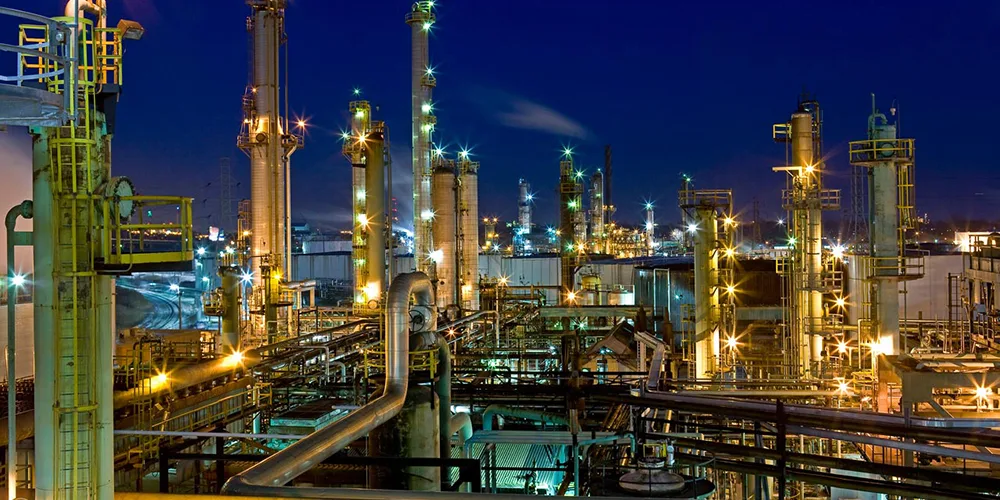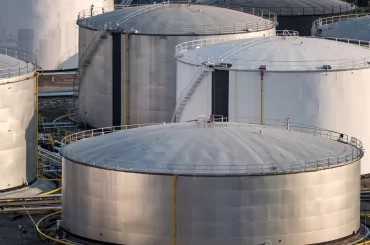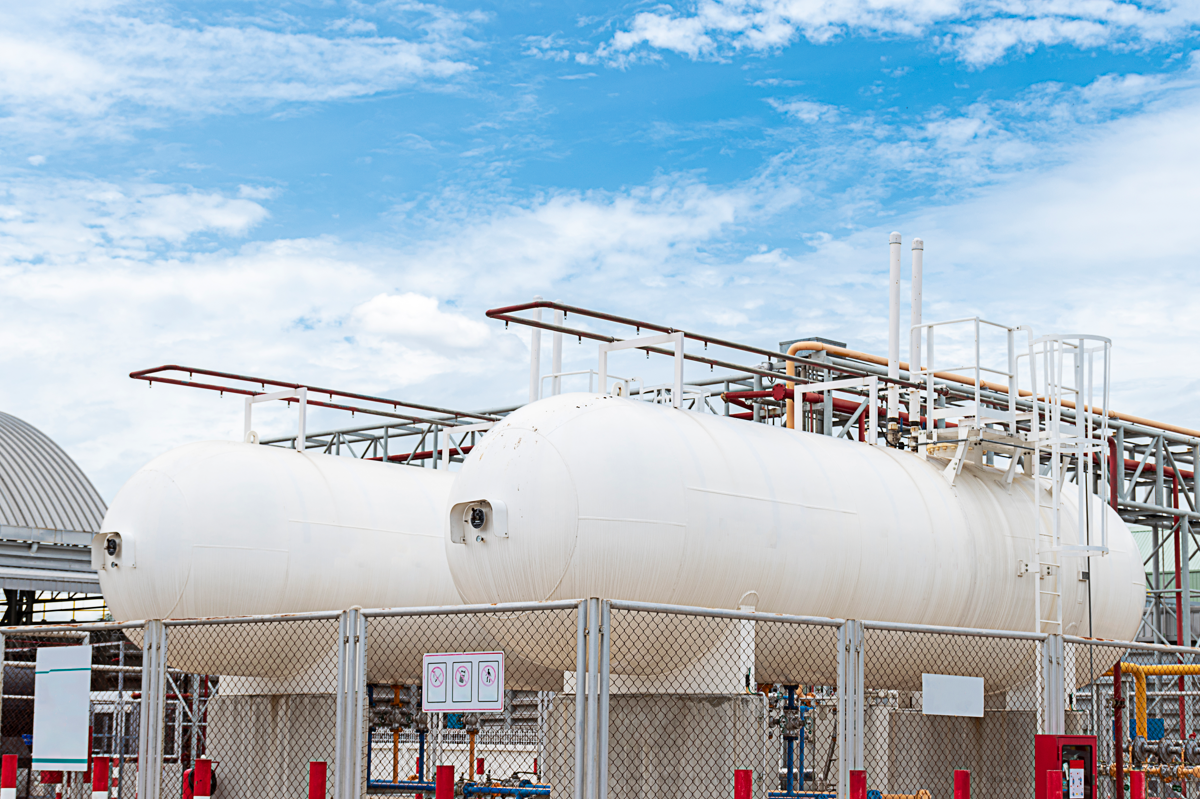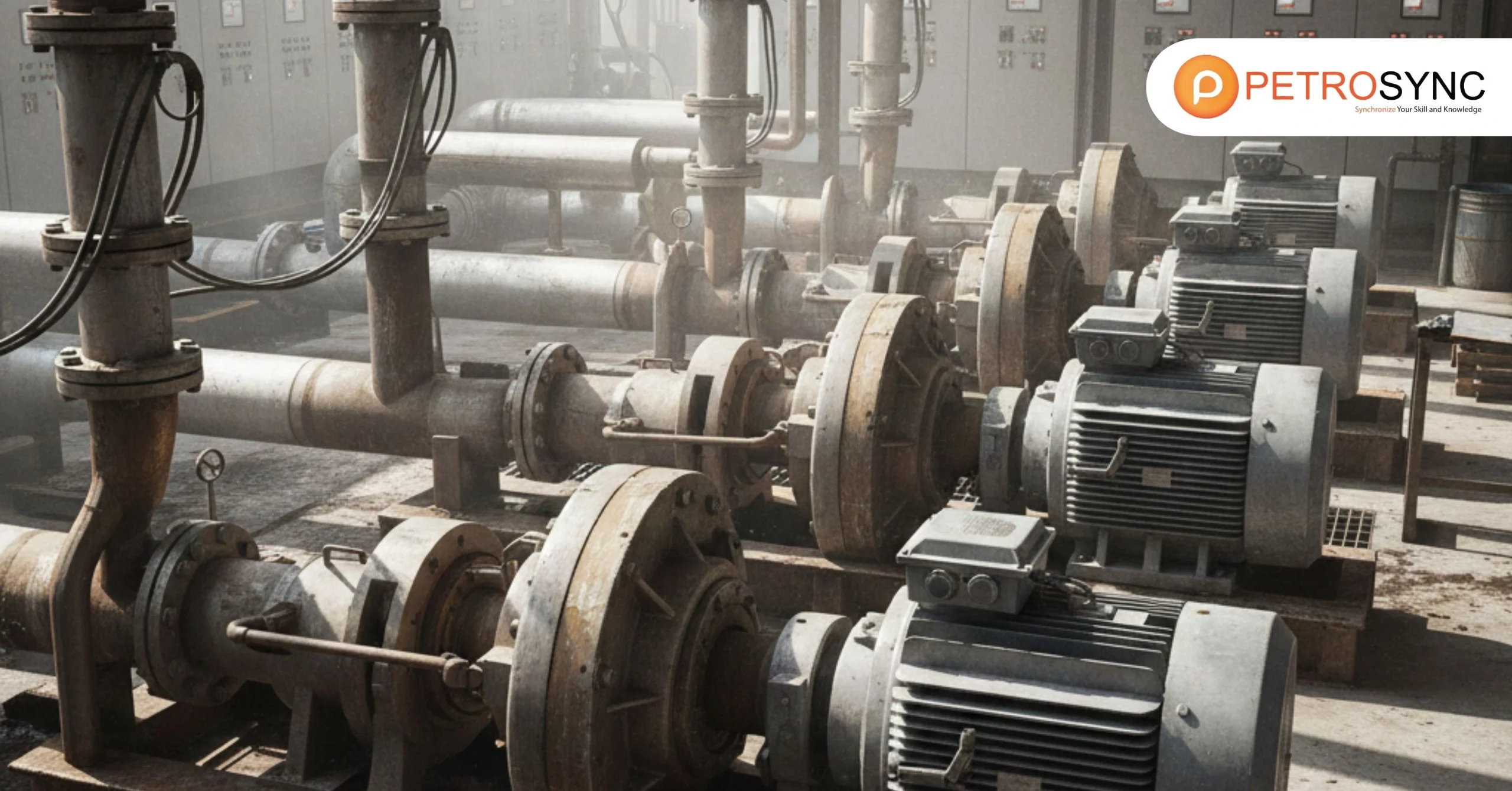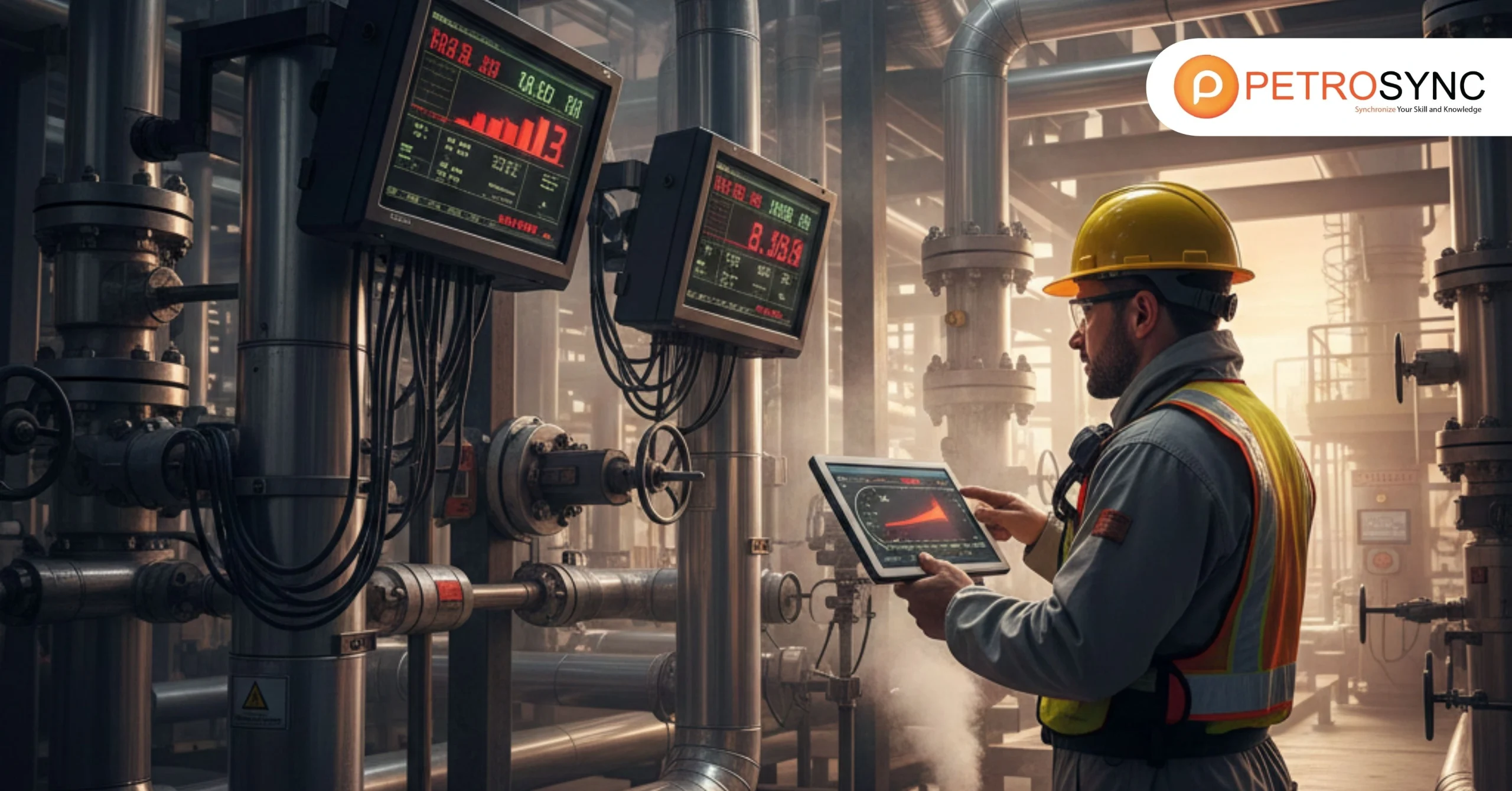You probably heard about API certifications if you work in the oil and gas. These certifications, including API 510, API 653, and API 570, can significantly impact your career. But which one is the right choice for you? This article will explore API 510, 653, and 570 certification in detail to help you make an informed decision.
What Is API Certification?
API certifications are highly regarded in the industry. They show that you are an expert in specific areas. Let’s start with a quick overview before diving into the details of each certification.
API, or the American Petroleum Institute, sets the oil and gas industry standards. Their certifications demonstrate your expertise in particular areas. We have three certifications to discuss:
- API 510: API 510: The API 510 certification is about pressure vessels inspection. If you want to ensure pressure vessel safety, this will be the right path for you.
- API 653: If you are interested in maintaining storage tanks, API 653 certification is for you. It is all about keeping storage tanks in good shape.
- API 570: API 570 focuses on piping inspection. If you are keen on maintaining pipeline integrity, API 570 certification is tailored for you.
Let’s dig deeper into each certification.
What Is API 510 Certification?
API 510 is the certification for those who want to specialize in pressure vessel inspection. Pressure vessels are vital in the industry, and their proper function is crucial for safety. As an API 510 certified professional, your job will be to assess the condition of these vessels, spot defects, and recommend repairs.
Getting API 510 certification can lead to various job opportunities. You could work as an inspection engineer, quality control specialist, or consultant. The demand for professionals with this certification is high, making it a rewarding choice for your career.
What Is API 653 Certification?
API 653 certification is all about storage tanks. Storage tanks are crucial, and maintaining them is essential to prevent leaks and other environmental issues. With API 653, you’ll gain the skills to inspect, repair, and maintain storage tanks effectively.
A certified API 653 professional can find work as a tank inspector, corrosion specialist, or even a technical manager. The expertise you gain is highly valuable in the industry.
What Is API 570 Certification?
API 570 certification is designed for those who are passionate about pipeline inspection. Pipelines transport valuable resources, and ensuring their integrity is paramount. With API 570, you’ll learn how to inspect and maintain piping systems to prevent leaks and ensure safety.
Professionals with API 570 certification can find opportunities as pipeline inspectors, integrity engineers, or quality assurance managers. The industry’s demand for experts in this field remains consistently high.
API 510, API 570, and API 653: Which One Should You Take?
When choosing between API 510, API 570, and API 653 certifications in the oil and gas industry, consider these specific factors:
1. Is Your Career Path Aligned with Industry Focus?
Are you focused on pressure vessels, piping systems, or storage tank maintenance? API 510 certification is ideal for professionals who want to specialize in pressure vessel inspection, ensuring safety and integrity. API 570 focuses on piping inspection, while API 653 is centered on storage tank maintenance. Your choice should align with the specific sector of the industry that interests you the most.
2. What Job Opportunities Do You Aspire to Pursue?
Different certifications lead to distinct job opportunities. API 510-certified professionals can work as inspection engineers, API 570 professionals can become pipeline inspectors, and API 653 certification can open doors to careers as tank inspectors or corrosion specialists. Choose the certification that aligns with your desired career path.
3. Is the Demand for Your Chosen Certification High in Your Region?
The demand for these certifications may vary by region. Research which certification is most sought after in your area, as this can impact your job prospects and earning potential within your specific industry.
4. What Area of the Industry Sparks Your Interest?
Consider your interests and passion. Select the certification that aligns with the area of the industry that excites you the most, as your enthusiasm will be a valuable asset in your career.
API certifications hold immense value in the oil and gas industry. Whether you choose API 510, 653, or 570, each certification opens doors to exciting career opportunities. These certifications demonstrate your expertise and trustworthiness in the industry, making you a sought-after professional.
So, which certification is right for you? The answer depends on your interests and career goals. Take your time to explore the specific requirements and job opportunities each certification offers. Whichever path you choose, know that API certifications are a significant step toward a successful and fulfilling career in the oil and gas industry.
Continuing on this journey, PetroSync is here to support you in achieving your certification goals. Our API preparation courses are meticulously designed to equip you with the knowledge and skills necessary to successfully earn your certification. Trust in PetroSync to guide you through a comprehensive and effective preparation process, ensuring you are well-prepared to excel in your chosen API certification.
Credit header image: freepik

SEO specialist by day, fact-checker by night. An avid reader and content writer dedicated to delivering accurate and engaging articles through research and credible sources.

